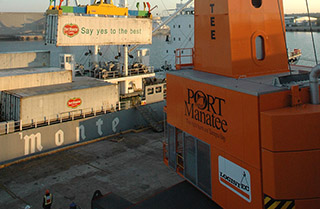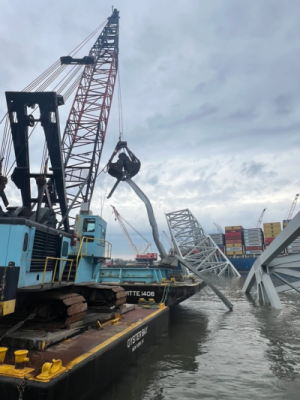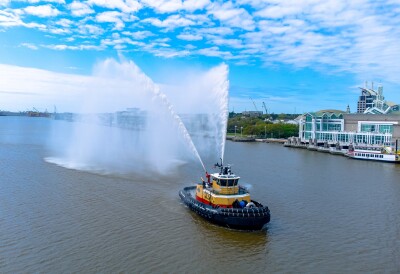Cruises from the United States to Cuba are set to start in May, and ferry service to the island nation may not be far behind.
The Tampa Tribune reported that discussions are underway between Havana Ferry Partners, a company based in Fort Lauderdale, Fla., and the Cuban government for cargo and passenger service to run between Havana and Port Manatee, Fla. The company is also interested in running service from Miami, Fort Lauderdale, and Key West.
A South Florida port such as Miami would offer a shorter journey to Cuba, and several operators have been negotiating with PortMiami over terminal space, according to a February report from the Miami Herald.
Port Manatee, near Tampa on Florida's west coast, could hold an advantage over other ports in the area because it is closer to Cuba than either Port Tampa Bay or the Port of St. Petersburg. According to the Tribune, Port Manatee is approximately eight hours from Havana by ferry, 90 minutes shorter than service from St. Petersburg and three hours shorter than service from Tampa.
The Tribune reported that both other ports confirmed that they were involved in negotiations about ferry service to Cuba.
“We are making excellent progress,” Jorge Fernandez, CEO of Havana Ferry Partners, told the newspaper. “We have more meetings later this month. We have terminals lined up in Cuba and ports in the states ready.”
Although Hernandez told the Tribune he could not confirm a schedule for service, he said trips could begin as early as June.
Havana Ferry Partners told the Tribune that it currently owns one ferry, a high-speed catamaran. Havana Ferry president Phil Richards told the newspaper this boat likely would leave from Key West. The group does not yet have a ferry for the proposed Port Manatee route, but said that vessel was likely to carry mostly cargo with some room for passengers.
Questions remain about how well-equipped Cuban infrastructure is to handle increased vessel traffic.
“The port facilities, cargo handling, security, customs, immigration — all of it will be under duress due to the cruises,” John Kavulich, president of the U.S.-Cuba Trade and Economic Council, told the Tribune. “I don’t see Cuba moving forward on ferries until they are comfortable with the cruise ship operations.”
Kavulich added that while he believes Cuba might prefer a ferry sailing from a South Florida port, a Tampa-area port could be approved because Tampa has a historic reputation as a gateway to Cuba and a significant Cuban-American population.





